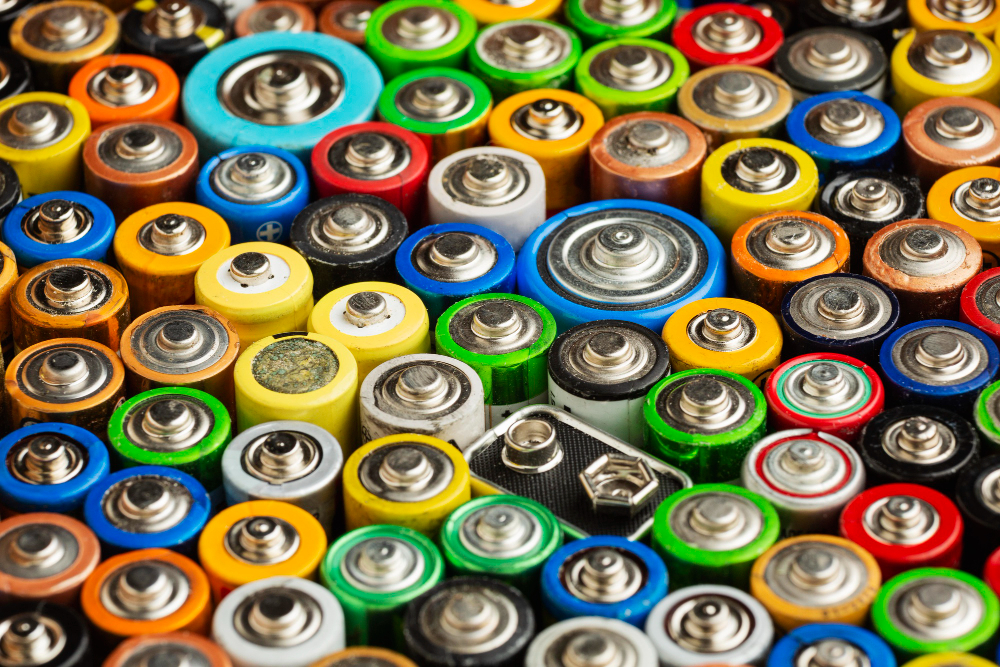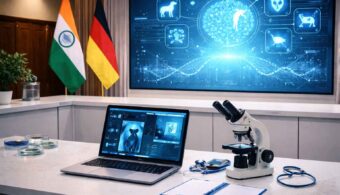Germany has confirmed a lithium discovery of global significance, with 43 million tons of lithium carbonate equivalent (LCE) identified in Saxony-Anhalt’s Altmark basin. The find, announced by energy company Neptune Energy, positions Germany as a potential heavyweight in the global battery materials market — and could open new avenues for cooperation with India in clean energy and electric mobility.
Major Breakthrough in Europe’s Resource Security
The Altmark basin in northern Germany, historically known for natural gas production, has now been confirmed as one of the largest project-based lithium deposits in the world. Independent assessment by international firm Sproule ERCE verified the scale of the reserves under the CIM/NI43-101 reporting standard.
Neptune Energy, which has operated in the region for over five decades, underlined that this discovery could significantly strengthen Europe’s ability to meet its own demand for critical minerals. The company noted that the lithium reserves would help Europe diversify away from dependency on Chinese supplies, long considered a strategic vulnerability.
Transitioning From Fossil Fuels to Critical Minerals
The Altmark region was once one of Europe’s largest natural gas fields. Since 1969, Neptune Energy and its predecessor companies have developed its geological resources. Recent studies of the Rotliegend brines showed high concentrations of lithium, prompting a pivot from natural gas to battery materials.
Neptune Energy’s leadership said the evaluation highlights the immense potential of its licensed areas in Saxony-Anhalt, making it possible to integrate lithium extraction into Europe’s energy transition. The company stressed that Altmark offers the right mix of geology, existing infrastructure, and expertise to move from fossil fuel dependence toward greener technologies.
India–Germany Cooperation Context
For India, the discovery is strategically significant. Germany is New Delhi’s largest trading partner in the European Union and a vital ally in the Indo-Pacific. Both countries are already collaborating on clean energy, electric mobility, and green hydrogen. As India expands its electric vehicle ecosystem and seeks to secure stable sources of battery materials, Germany’s reserves could become an important pillar in bilateral cooperation.
Analysts note that with Germany aiming to reduce reliance on Chinese imports and India keen to diversify its critical mineral partnerships, the new reserves open scope for joint ventures, technology partnerships, and long-term supply agreements in the EV and energy storage sectors.
A Cleaner Extraction Approach
Unlike traditional lithium mining, which often raises environmental concerns, Neptune Energy is developing direct lithium extraction (DLE) methods. The technology isolates lithium from geothermal brines using ion-exchange and adsorption techniques, reducing land use and ecological impact.
In August 2025, the company concluded its second pilot project with U.S.-based partner Lilac Solutions, successfully producing battery-grade lithium carbonate. A third pilot based on adsorption methods is in progress, and Neptune has outlined plans for a demonstration-scale facility before full commercial rollout, pending mining permits.
Strengthening Europe’s Battery Supply Chain
With exploration and production licenses already secured across multiple Altmark blocks between 2024 and 2025, Neptune Energy believes the region could become a cornerstone of Europe’s EV battery supply chain. Industry experts suggest the discovery not only enhances Europe’s autonomy in critical resources but also creates opportunities for India–EU cooperation on green mobility and sustainable technology.
For New Delhi, where EV adoption and clean energy commitments are central to future growth, Germany’s lithium breakthrough could reinforce its partnership with Europe in building a resilient, climate-conscious supply chain.



